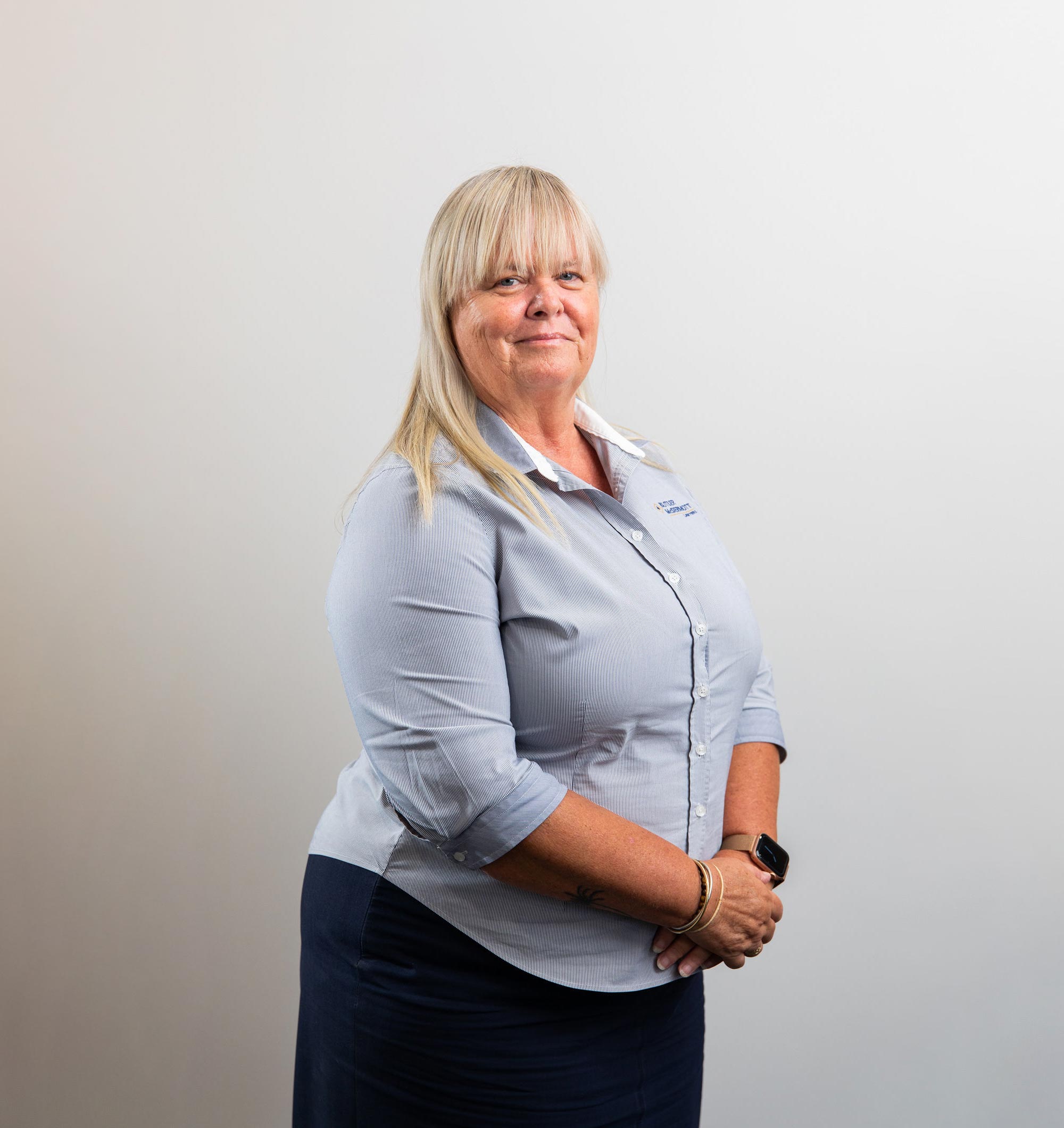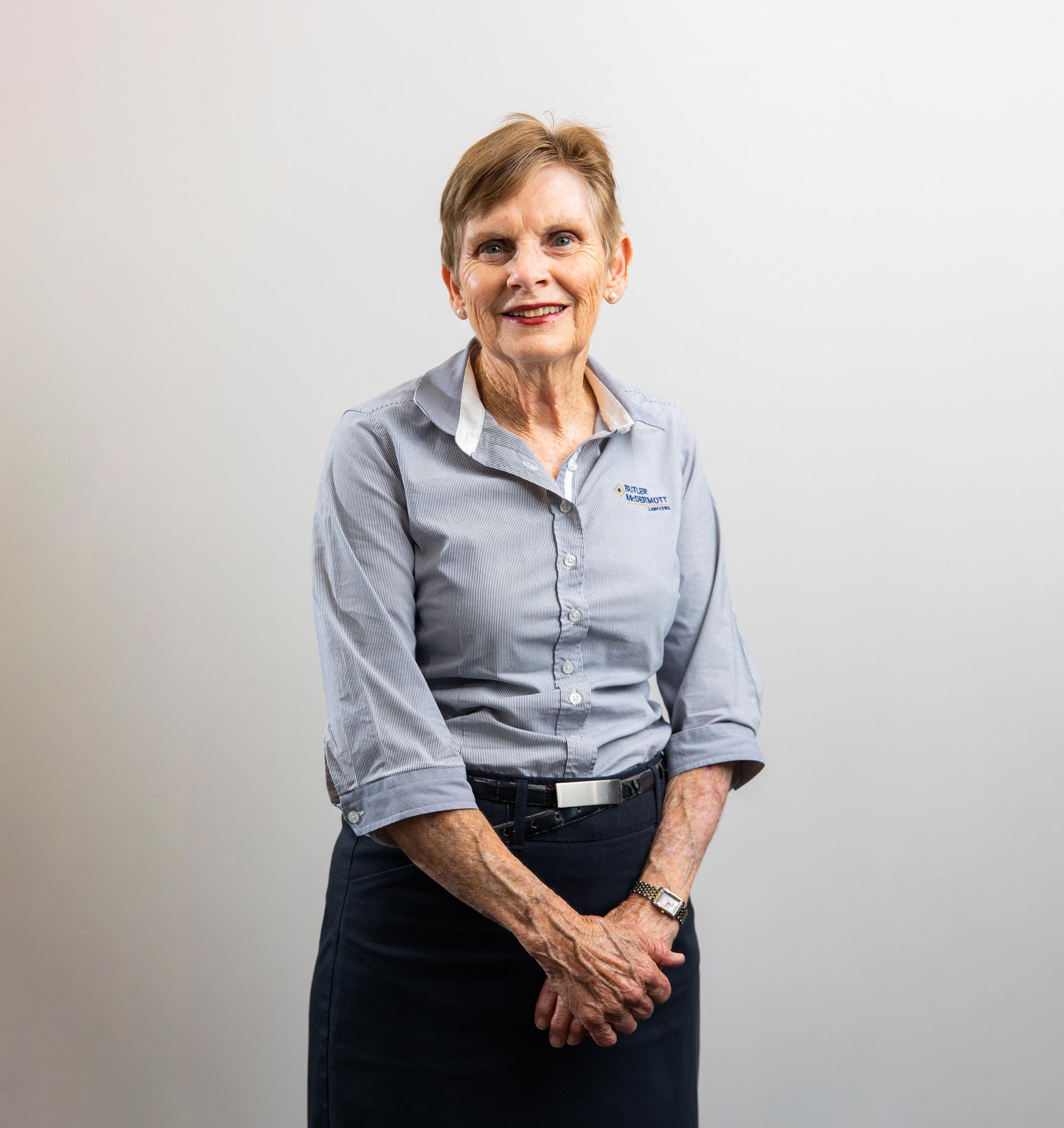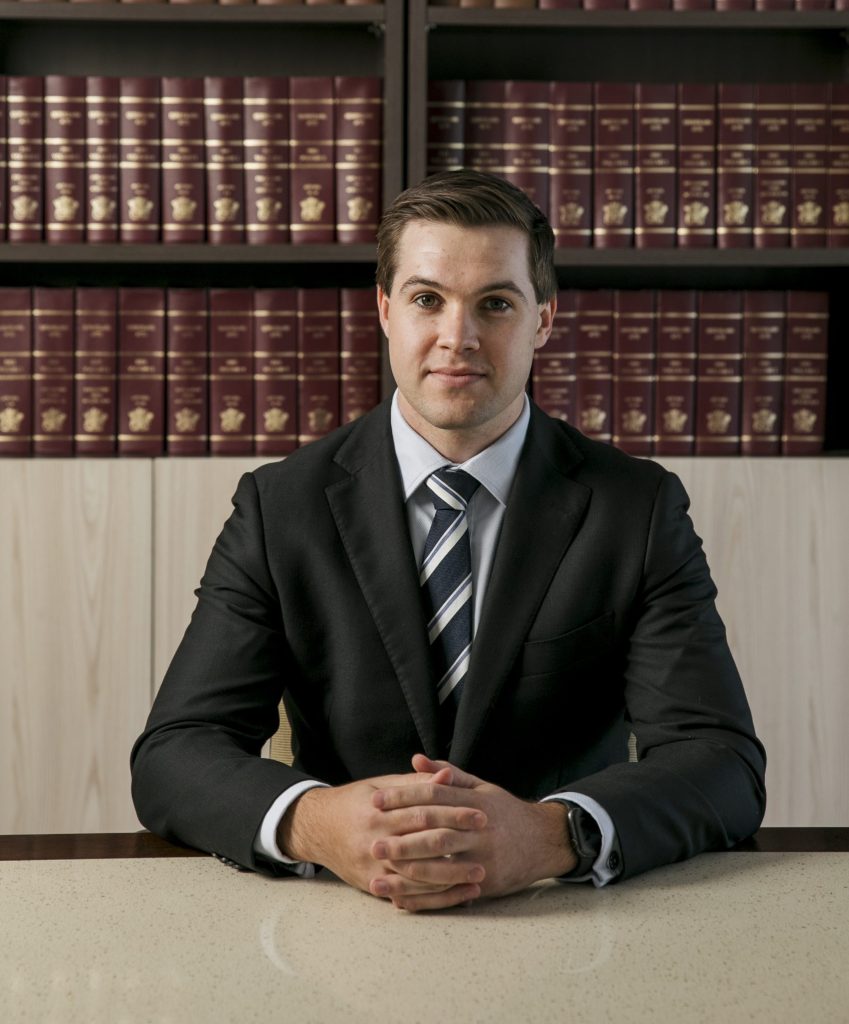Disclaimer: This article provides general information explaining complex legal concepts. Please contact Butler McDermott Lawyers for personalised legal advice.
At first glance, a 50/50 custody arrangement seems to be the fairest and easiest option. But this is not a default rule in Australian Family Law. There are multiple factors that you, your lawyers, and the Court will consider before making any parenting plans. Here is an introduction to parenting arrangements so you know what to discuss with your Butler McDermott lawyer.
What are your options for parenting arrangements?
There are a few ways you can arrange parenting with your former spouse. The best place to start is with a simple written agreement called a Parenting Plan. It is not legally binding, so there is no set way it must be written and can be changed whenever you want or need to revise your arrangements. If you want to make your Parenting Plan legally binding, you can apply for a Parenting Order by consent which is called a Consent Order. You will have to apply to the Federal Circuit and Family Court of Australia and await their approval before a Consent Order is legally binding.
Most separated parents use a Parenting Plan or Consent Order. It is quite rare to go to Court. Legally binding or not, always ask your lawyer what your options are as there are still implications for making parenting arrangements.
If you are struggling to come to an agreement, you are required to make a genuine attempt at reaching an agreement through family dispute resolution. This is also known as mediation. Of course, there are some exceptions, for example, with cases that involve domestic violence.
If you cannot reach an agreement, you will have to file proceedings with the Federal Circuit and Family Court of Australia. The Court can then make a Court Order in relation to parenting arrangements if you and your ex cannot reach an agreement. The Court will decide what parenting arrangements are in the best interests of your child.
What influences the amount of custody for each parent?
With close and careful consideration of the Family Law Act, the Court will decide the arrangements that are in the best interests of your children. There are many factors they will consider, such as:
- your child’s safety and protection from harm
- the benefit of your child having an involved and meaningful relationship with both parents
- how each parent treats their responsibility as a parent, such as their attitudes towards child support and spending time
- the relationship between your child and each parent before and after separation
- the maturity and age of your child and what their wishes are
- practicality of parenting arrangements
- whether each parent can cater and provide for the needs of your child
In Australia, the gender of the parents is not relevant to the Court’s considerations – it is just about what is best for your child. Arrangements can vary greatly between each case, so always seek advice from a qualified lawyer.
So, what are your chances of 50/50 custody?
As your children grow up, their wants and needs will change. It is very common for a child in their early years, especially when breastfeeding, to spend most of their time with their mother. Over time, these parenting arrangements can change significantly. Factors like work commitments for parents, financial capability, transport, schooling, extracurricular activities and so on will affect parenting arrangements. Eventually, your children may have more say in which parent they stay with. So, while it is possible for 50/50 custody to occur, it might not be practical to have a strict equal arrangement.
The Family Law Act presumes that parents have equal parental responsibility to make major decisions about their children. It is important to recognise that equal shared parental responsibility is not the same as equal shared custody. There can be all kinds of factors that are out of your control that lead to your child spending more time with one parent than the other. This doesn’t mean that your responsibility as a parent is less than your former spouse’s.
Statistically, does the mother get more custody?
It is true that, statistically, mothers are awarded sole parenting or majority of shared care of the children by the Court. But let’s dig into this a little further. These decisions are not made quickly, there are many factors that contribute to this. Parenting arrangements decided by the Court account for only 3% of parenting agreements. Keep in mind that the Court is mostly used for high conflict separations or where there is a concern about the safety of the children. Always seek advice for your individual circumstances.
There are common situations in parenting disputes that have skewed the statistics of women receiving more care of the children. These include:
- Cases of domestic violence – In a 2018 study, 75% of domestic violence cases involved women who experienced abuse at the hand of a male partner.
- Cases where the father was not active in the child’s development before separation.
- Cases where the children are young (under two years old) and are dependent on their mother.
Also note that custody does not mean contact. The Court will rarely order that the child have zero contact with a parent – they will always make decisions in the best interests of your children.
Remember that you do not always have to go to Court if you can come to a mutual agreement. Here you can always try to come to an equal shared arrangement or as close to it as practical.
If you have young children, Butler McDermott can help you to negotiate a gradual progression of time so that the children may spend more time with one parent while they are younger and as they get older, the time becomes equal.
What should you do now?
Like any legal situation, you need to weigh all your options and possible outcomes. With so much to consider, it is in your best interests to talk to a qualified lawyer to help with parenting arrangements.




















